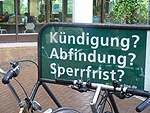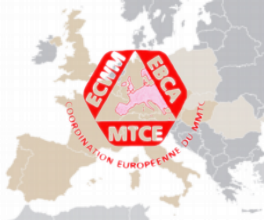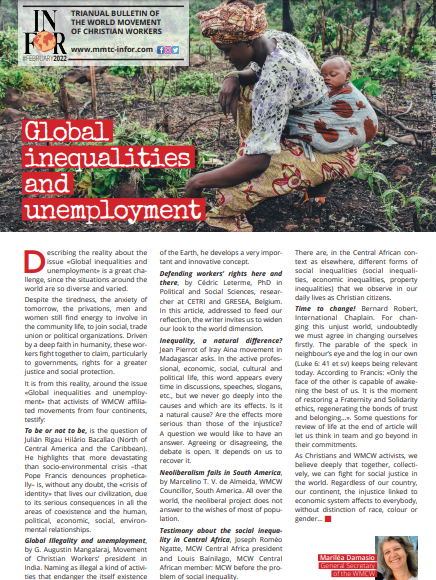
With a growing tendency for securing their livelihood the majority of European women and Europe depend on gainful employment. Gainful employment however does not only provide the necessary livelihood, but is also decisive for social security, social recognition and integration. Last not least gainful employment is an important factor for social cohesion.
Facts: This state of affairs is reflected in the employment rate. In 2006 the employment rate of the population aged between 15 and 64 years in the EU-27 was 64.4 %. A high employment rate of more 70 % was reached in five member states: Denmark, Netherlands, Austria, Sweden and United Kingdom. Bulgaria, Italy, Hungary, Malta, Poland, Romania and Slovakia had lower employment rates of less than 60 % in 2006. The employment rate of women in the EU-27 was with 57.2 % lower than that of men with 71.6 %.[1] Since 1997 the employment rate rose by 3,7 % till 2006 (from 60.7 % to 64.4 %).
[1] Cf. European Commission / Eurostat (Ed.), Europe in Figures. Eurostat Yearbook 2008, Luxembourg 2008, p. 248.











